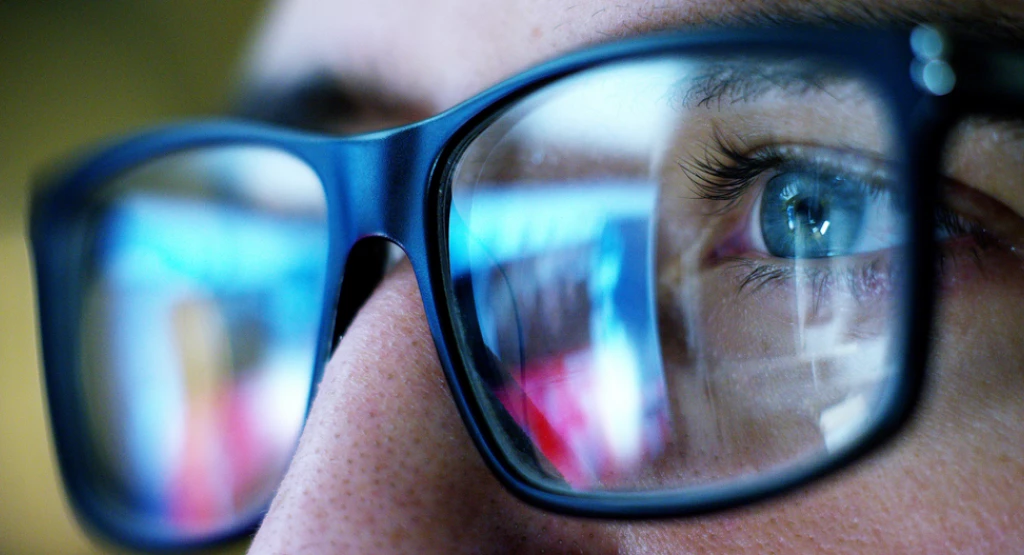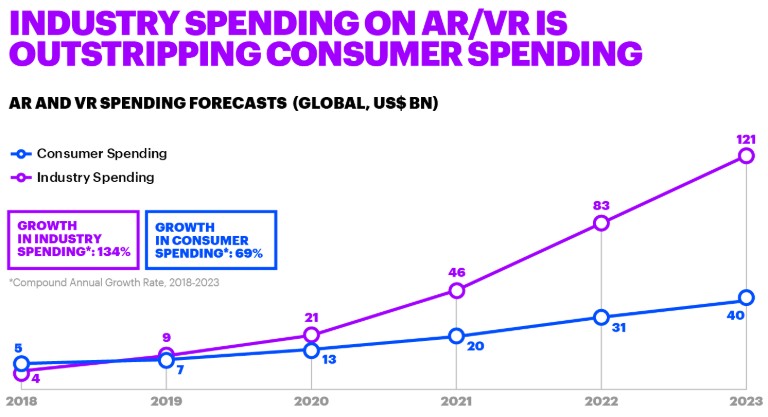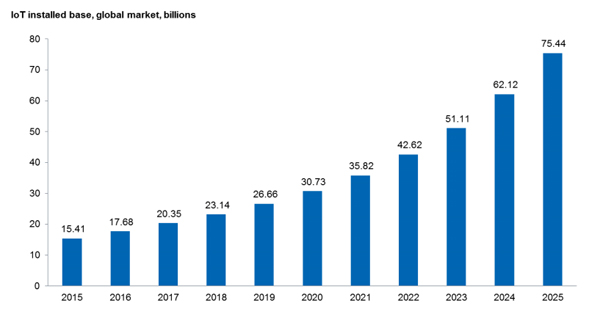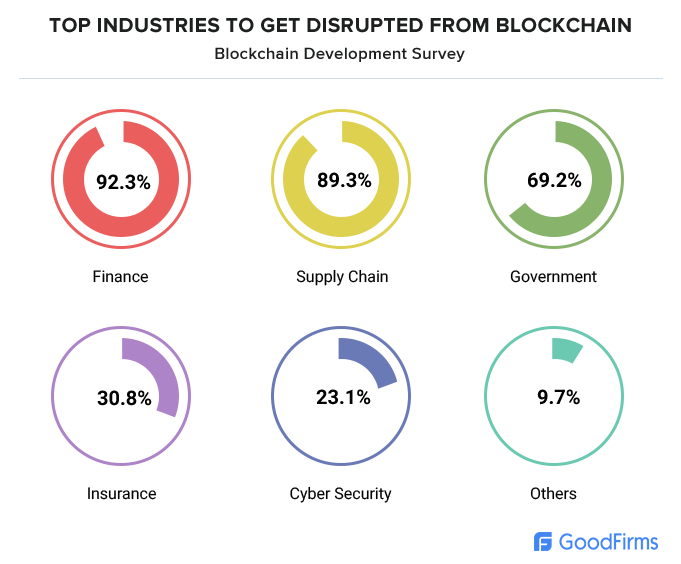The Effect of New Technologies on Customer Experience
Discover which new technologies are most likely affect your customer experience and bring benefits your business.

It’s becoming more and more difficult for brands to follow tech trends and implement them properly in their day-to-day business activities. Sometimes it’s difficult to recognise which technologies would benefit your business the most. And even if you manage to do that, staying up-to-speed with all the latest developments can get very tricky.
However, it’s vital that your organisation doesn’t fall behind in this respect. In most industries, those who fail to recognise the importance of digital transformation have no chance of surviving. Moreover, even those who decide to allocate large portions of their budget for this purpose often fail to deliver good results, as 70% of the money spent on digital improvements basically goes to waste.
That’s why it’s crucial to be well-informed on this topic and to have a good understanding of your own company and business goals. Especially when it comes to customer experience (CX), which is becoming a more important factor in differentiating brands than price or quality of a product.
The more you know about cutting-edge technologies used in business, you’ll have a better chance to deliver a truly exceptional CX to your customers. Here’s a quick overview of some of the tech innovations that will have the biggest impact on customer experience in the years to come.
AR/VR
For a long time, the phenomena of augmented and virtual reality belonged to the domain of science fiction. In the following period, it’s destined to become a part of shoppers’ everyday experience.
This technology offers an exciting new approach to some common shopping routines. It may completely change the way we test or preview different products. Soon, you won’t have to guess if that shoe fits your foot, or how that piece of makeup looks on your face or if that sofa is too big for your living room. You’ll be able to have a first-hand 360 degree view of this, and all you’re going to need will be your smartphone.
The same goes for product demonstrations. Seeing in 3D in front of their own eyes how a product works and what exactly it offers will make it much easier for consumers to decide whether they want it or not. In general, a number of new technologies that are focused on CX aim at improving the self-service process and minimising the need for brick and mortar stores and the human workforce.
According to a research, 84% of senior executives involved in CX operations in their companies agree that VR and AR experiences will have a bigger influence on CX than real-world experiences in the next five years. Especially given that these immersive technologies will only be getting more advanced and more lifelike.
Big Data
Big data methods, concepts, and technologies emerged as a consequence of the development of multiple different technologies, such as the Internet of Things or artificial intelligence. The volume and variety of data uploaded every day are enormous and they’re going to get exponentially bigger in the years to come.
There is also a colossal amount of devices and sensors that are connected to the internet, collecting and sending customer info to businesses and third-party data providers. It is estimated that by 2025 there will be 75 billion connected devices, which is almost three times more than in 2019.
With all this data at their disposal, companies have a unique opportunity to offer highly personalised experiences to consumers. Everything from email marketing campaigns, to content, product recommendations, and customer service will be customised to suit every specific user.
These tons of data will also help companies predict users’ behavioural patterns and shopping trends, always putting them a step ahead of the customers – for the good of the customers. Nevertheless, in order to get the most out of these often disparate and divergent pieces of data, they will have to be classified and analysed by another cutting-edge technology – artificial intelligence (AI).
Artificial Intelligence
The idea of AI has been around for decades and it’s been constantly improving ever since. Today, applications of AI are countless. A number of other technological breakthroughs, some even mentioned in this article, use AI as the core of their underlying mechanisms. Naturally, a lot of these are used in the field of customer experience.
AI is employed for tasks related to image recognition, chatbots or virtual assistants, but most importantly, it is used for advanced data processing in many different fields. Thanks largely to AI, you can use predictive analysis to anticipate customers’ needs and actions. No other technology is as capable of sorting through and making use of these huge, confusing chunks of data. The most important feature of AI is that it can learn from feedback and update its algorithm on its own, which basically means the more data that goes through the system, the more accurate its predictions are.
Obviously, this is hugely important for modern companies’ personalisation efforts. AI-powered CRM systems are especially efficient when it comes to sentiment analysis, lead scoring and overall automation of work processes.
Automation is another big buzzword when we talk about AI and transforming the customer experience. By automating some of the tasks performed by their sales, marketing or customer service departments, businesses are able to speed up their operations and make life easier for the customers. So AI plays an important role not only by analysing the data and reporting on it but also by putting the data to work and actively performing appropriate tasks normally done by humans.
Blockchain
Blockchain is another technology with a wide array of applications, and an even wider array of possible future uses. While its mechanism is too complex to be explained in detail here, its general appeal lies in its ability to decentralise processes that are traditionally centralised. It is used in finance, insurance, cyber security, government or supply chain logistics, to name just a few of these.
However, when it comes to CX, it’s crucial to say that blockchain offers a new and promising approach to data security, also built around the idea of decentralisation, which makes the system much harder to hack. In the world where cybersecurity breaches happen again and again and where sensitive customer info is always in danger, data protection is everything. As much as 59 percent of brands strongly agree that keeping customer data secure is the most important factor in providing a strong CX.
Among other things that blockchain brings to the table are crypto-currencies and smart contracts. These ensure a quicker, cheaper and more secure way to do financial transactions, without any third parties and without getting out of your chair. Therefore, in the context of CX, it’s not really difficult to see why blockchain is the technology we’ll be expecting a lot from in the future.
Improvements in Communication
Having a pleasant and helpful customer service rep isn’t enough anymore. Soon, it will become a must for brands to personalise their communication with their customers, digitalise the whole process and make it data-driven.
Everywhere around us, we see innovations affecting the way companies communicate with consumers. First of all, you have to be available on virtually every possible channel, including email, phone, social media, website contact forms, live chat or messaging apps. Consumers tend to show less and less patience in this respect, so you’ll have to catch every call or message and reply because if you don’t do that, your competitors definitely will.
This still may not be enough. Video chat is becoming more and more common in brand-consumer communication. So are chatbots, who have come a long way but are still not impeccable when it comes to processing natural language. Nevertheless, they will get better and they will be very useful, especially for solving some basic issues that are tiresome for human customer service reps and simply waste their time. Also, chatbots don’t eat, sleep nor take breaks and are always available.
Finally, we need to consider the fact that it has become quite simple to record and access all previous communication with customers. This allows both sales and customer service reps to adapt their approach and their language based on customers’ demographics, personal info, previous issues they had or their level of expertise in the matter. This makes communication smoother, quicker and more enjoyable for the customer.
Final Thoughts
All in all, new technologies seem to be transforming CX in many exciting ways. Conversely, CX has a serious role in shaping new technologies, as R&D departments of many companies are focused on finding new ways to make the lives of customers easier and more pleasant.
In any event, keeping up with the latest developments will be vital for all organisations trying to keep their customers and acquire new ones. Dedicating some time to learning which innovations are best for your company and making smart investments in this field can be all the difference between running a successful business and being wiped off the map.
Really Simple Systems is now Spotler CRM
The same great technology, a CRM platform that is focused on the needs of B2B marketers, provided by the same great team, at a great price!


